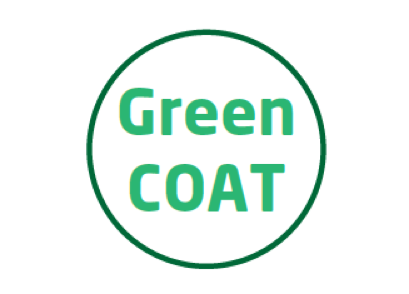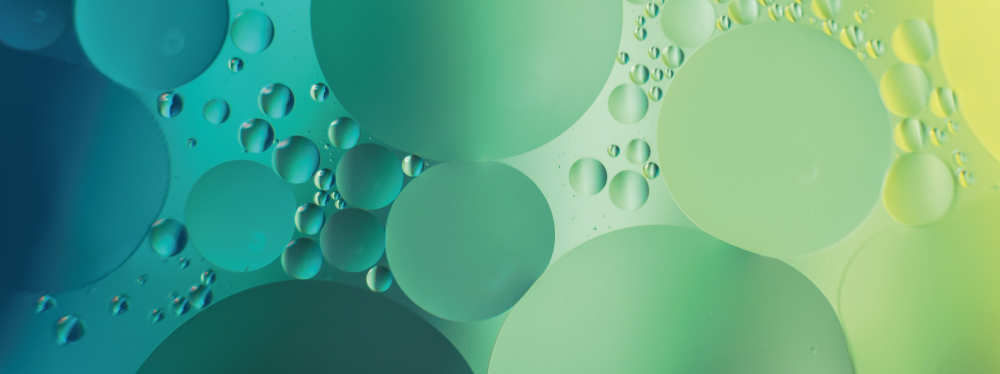GreenCOAT
Green high-performance and low-friction interfaces tailored by the reactivity of novel DLC coatings and ionic liquids
Challenge
The GreenCOAT project is about developing innovative DLC coatings tailored for chemical activity with ionic liquids, combining a unique, in-situ, ionic-liquid–DLC adsorption and a simultaneous tribological study, to establish the boundary films’ adsorption kinetics, reveal their electrochemical and tribocorrosion behaviour. Then perform a detailed (sub)nano-scale surface characterisation and a full-scale, green-interface validation for heavy-duty fluid-power hydraulics systems.
Solution
The GreenCOAT project's main goal was to develop a new type of green interface, a DLC coating based on an innovative deposition technology that can be customized to operate with ionic liquids, an innovative, environmentally friendly form of lubrication that will meet tough new restrictions related to greenhouse gas emissions. This compliance will soon be demanded for all heavily loaded, lubricated mechanical components in transportation and industrial systems. In fact, current ONU, EU and national emission legislation already restricts the use of some of today’s key lubricants, for which there are no acceptable alternatives available.
This means that if a new green interface lubrication is not developed in very near future – before the introduction of these tighter restrictions – the performance of much machinery will rapidly deteriorate, leading to massive technical, economic and social consequences.
Objectives, Activities and Results expected / achieved
Expected results:
Development of new lubricant solutions through green anti-wear coatings and additives.
Results achieved:
• Formation of protective tribolayer through the interaction of the new DLC-based coatings developed by IPN with the ionic liquids used as anti-wear additives, in a bio-based lubricant;
• The tribolayer showed less wear through nano-scale characterisation;
• Adsorption mechanism study of the ionic liquid on the coating surface allowed to understand the importance of thin film chemical composition in protective layer formation composed by the lubricant and the anti-wear additives.
In this way, GreenCoat contributed to the knowledge of new, greener lubrication technologies that can be applied to high-power hydraulic systems and, consequently, contribute to the reduction of CO2 emissions.

Project Reference
M-ERA-NET2/0014/2016Funding

Intervention Region
Slovenia, Portugal and NorwayTotal Investment
823.749,00IPN Investment
118.000,00Total Eligible
823.749,00IPN Eligible
118.000,00EC Funding – Total
823.749,00National public financial support – IPN
118.000,00Duration
38 MonthsStart Date
2017-08-01End Date
2020-09-30Approval Date
2017-05-23Consortium
University of Ljubljana;Instituto Pedro Nunes;
Norwegian University of Science and Technology.
Keywords
Green DLC coating;Lubrication;
Mechanical components;
Ionic-liquid.










